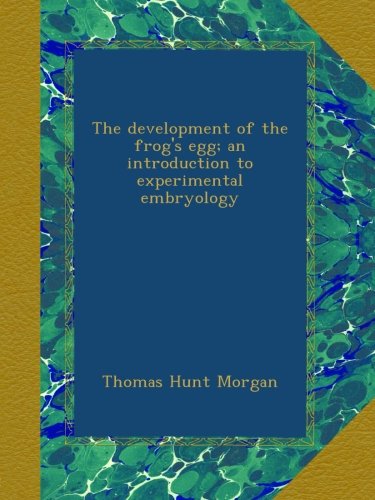What do you think?
Rate this book


A dictionary is a collection of words in one or more specific languages, generally displayed alphabetically, which often incorporate definitions, usage, etymologies, pronunciations, translation, etc. It may also be a book that shows the words in one language with their equivalent in the other language, although this is also known as a lexicon. The most ancient dictionaries were Akkadian Empire (Syria) cuneiform tablets that contained bilingual Sumerian–Akkadian wordlists (2300 BC). In English the word "dictionary" was invented by John of Garland in 1220 when he wrote a book called "Dictionarius" to assist with Latin "diction". An non-alphabetical list of 8000 English words called the "Elementarie", was compiled by Richard Mulcaster in 1582.
Paperback
First published July 20, 2015